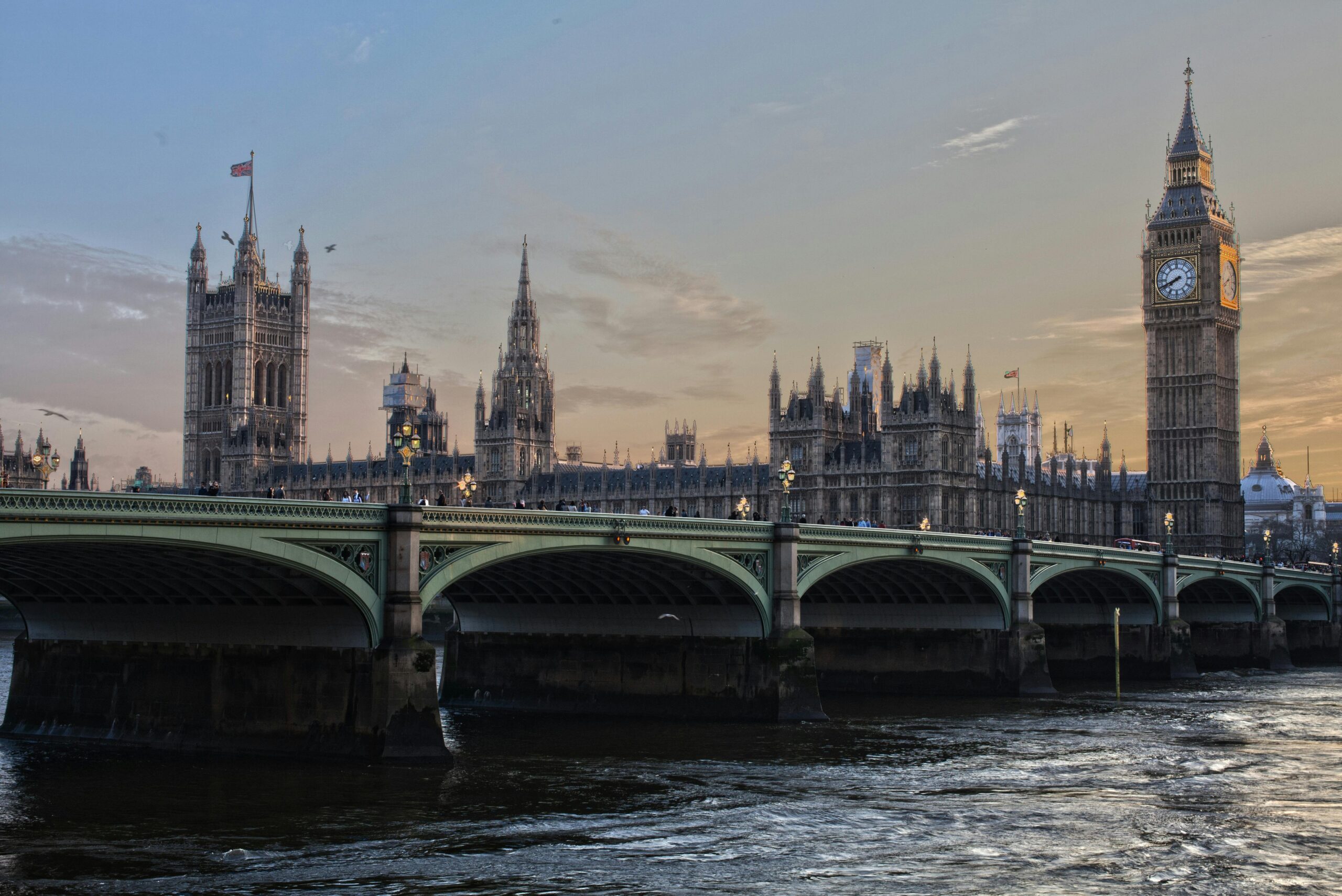What the Autumn 2024 budget means for UK Property

The highly anticipated autumn budget took place on 30th October 2024 delivered by the first female Chancellor of the Exchequer in 800 years, Rachel Reeves. This is the first budget from Labour in 14 years. From stamp duty to capital gains tax, Reeves addressed many highly anticipated topics. Here are some key points from the Autumn 2024 budget and what it means for property.
1. Stamp Duty
Rachel Reeves announced that 31st October will start a reform to stamp duty. This change means an increase in the additional rate of Stamp Duty from 3% to 5%. This rate applies to anyone buying an additional/investment property on top of what they’re already doing. Another announcement made in the budget is that from April 2025, the stamp duty amount will go up for everyone.
For more context:
The new stamp duty bands will be:
The band between £0 – £250,000 – 5% stamp duty
The band between £250,000 – £925,000 – 10% stamp duty
The band between £925,00 – £1.5m – 15% stamp duty
The band between above £1.5m – 17%
Rachel Reeves reasoned the move for this stamp duty change is to help first-time buyers or moving homes. To find out exactly how much stamp duty you will be paying, you can check online stamp duty calculators to give you more clarity based on your circumstances.
2. Right To Buy

The Right To Buy scheme allows council tenants to buy the property they are living in with a discount. It is one of the most long-standing government schemes. However, Rachel Reeves announced that this discount will be reduced. However, the exact reduction amount is not yet known. Revisit this blog for an update once it is announced. Reeves also announced that the change in Right To Buy will allow locals to now retain full receipts from transactions so that the money can be reinvested back into the housing stock.
3. Build Back Britain
In Labour’s manifesto, they set out to be the party of homeownership. The previous Conservative government constantly failed to meet its target of building more homes per year. In the Autumn 2024 budget, the Labour Chancellor of the Exchequer announced plans for 1.5 million homes to be built. There has also been a promise to prioritise first-time buyers linking to their manifesto promise.
This support will include hiring more builders to get Britain building again. In light of the Grenfell Tower fire in 2017 where 72 people tragically lost their lives due to dangerous cladding on the building, there will also be a £1 billion investment for cladding remediation in 2025/2026. This has been much anticipated by campaigners and survivors of the fire since the tragedy.
Ms Reeves also announced a £500 million boost to the Affordable Homes Programme to build up to 5,000 additional affordable homes.
4. Mortgage Guarantee

The autumn budget also promised to make the 95% Mortgage Guarantee Scheme that supports lending at 95% LTV (5% Deposits) a permanent fixture. Many lenders have offered this without the government backing in the past and some lenders are currently lending at higher LTV’s too.
5. Capital Gains Tax
Capital Gains Tax is a tax on the profit when you sell an asset that has increased in value. From 2025, there will be an increase to 18% for Basic Capital Gains Tax on non-primary Residences. There will also be an increase for Higher Capital Gains Tax rates to 24%. Reeves said that these rates mean that “The UK will still have the lowest capital gains tax rate of any European G7 economy”.
7. Inheritance Tax
At the time of writing this blog post, the first £325,000 of a property’s value can be inherited tax-free. But this figure increases to £500,000 if the property is handed down to children and grandchildren. The new inheritance tax changes also mean that parents who own the property can continue to pass on a tax-free allowance of up to £1 million.
In the Autumn budget, Rachel Reeves announced that this amount would freeze until 2028. The government will then bring in legislation in Finance Bill 2024-25 to fix these levels for another two years until 5 April 2030. This means that over 90% of estates during these two years will not pay inheritance tax. However, inherited pension pots will be subject to inheritance tax from April 2027. This means that any unused pension funds and death benefits payable from a pension will be brought into a person’s estate for Inheritance Tax purposes from this date. There will also be barriers in place to help ensure these legislations are adhered to. For example, pension scheme administrators will be responsible for reporting and paying any inheritance tax due on unused pension funds and death benefits.
For more UK property updates, subscribe to the BrickzWithTipz newsletter.
Get in touch
Feel free to get in touch with general enquiries using the contact details below alternatively fill out the form and one of team members will be in touch shortly.
